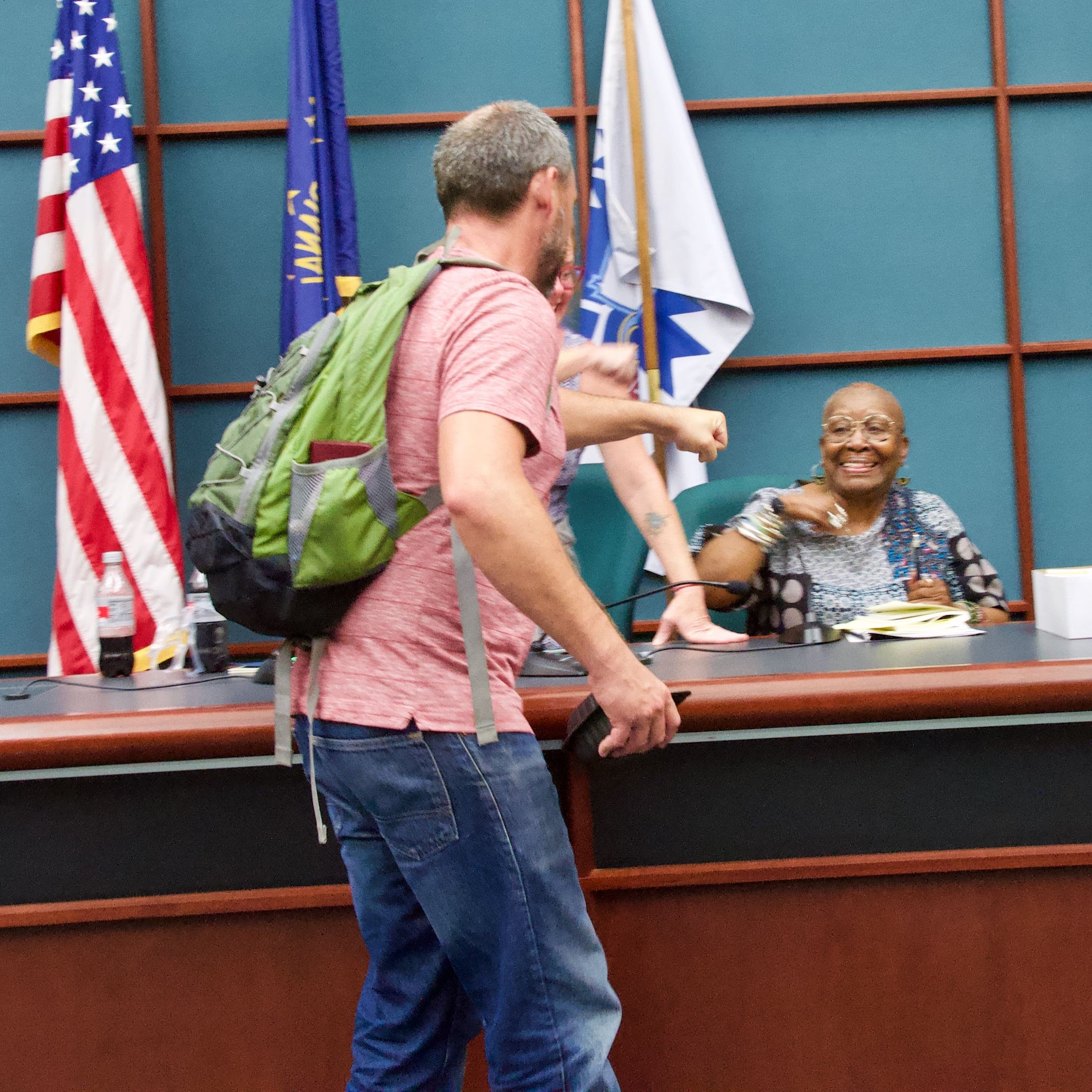We have a few openings for individuals or organizations to join our first ever Relational Cadre! If you join as an organization, you can select representatives to participate and share their explorations with your team. If you’re ready to sign up, click here! If you want more information, continue reading!
The Relational Cadre is a series of six small-group discussions focusing on different aspects of a central theme, through the lens of Relational-Cultural Theory (RCT). The theme of this year’s cadre is “Creative Connections” and will culminate in our annual Relational Summit in April 2022. Through these creative connections, we hope to deepen our understanding of relational accountability in individual, organizational, and community levels.
Across all disciplines, there is an inherent need to create, whether this is done by arranging and presenting materials in a way that reflects one’s imagination, or in conceiving of new ways to achieve goals when the existing processes are lacking. All creative expression takes place in the context of the world around us and ultimately relies on other people to use, appreciate, or reflect on those expressions. Much of the time, creativity is an act of collaboration.
Every benefit of mutually growth-fostering relationships is exhibited in creativity, as are the risks of isolation and disconnection. We need energy and resilience to propel us through our creative process, and we often reflect on the truth and the narratives we hold. Creativity can be both powered and inhibited by the pain of isolation, invoking the same neurological responses at work when we are forced to hide ourselves away and the joy we experience when we are able to reconnect.
As we spend this year deeply considering the nature of creativity and exposing ourselves to the creative practices of other professions, our hope is that cadre members are able to bring their own skills, knowledge and abilities to share with others and connect RCT to the diversity of passions thriving in our community. Leaning in to relational creativity will support us in developing the growth-fostering organizations and workplaces we need to continue moving towards equity and deep connections.
Monthly Small-Group Discussions
The primary activity for cadre members is participation in the six unconferences focused on one of the following themes:
The primary activity for cadre members is participation in the six unconferences focused on one of the following themes:
• RCT 101: The Central Relational Paradox (Friday, October 1, 2021)
• Boundaries: A Place Where We Meet (Friday, October 22, 2021)
• Perception, Privilege, and Empathy: Recovering from Empathic Failure (Friday, November 12, 2021)
• Power-with strategies (Friday, January 28, 2022)
• Courage and Vulnerability (Friday, February 25, 2022)
• Co-creating Community (Friday, March 25, 2022)
• Relational Summit / Relational Cadre Workshop (Thursday, April 28, 2022, 9-11:30a)
An unconference is a gathering in which the content for each session is not known in advance. Rather, participants will gather together—primed for discussion by a brief presentation—and suggest topics for small discussion groups. Any topic that brings at least two people together in conversation is the right one for that moment.
As a Cadre member, you will be able to join others from our community in monthly small-group dialogues centered around understanding creativity as a relational and cultural activity. Each afternoon session will begin with a short introduction to key RCT terms relevant to that month’s theme, reflecting concepts described in more detail in videos and articles shared prior to the session.
The goal of these dialogues is not to come to consensus, but rather to see a broader perspective and to identify a few small, reasonable actions to take as next steps. We are also looking to connect RCT to frameworks, studies, and terminology that are relevant to your professional domain.
Sift Interview
Relational Cadre members will also be invited to be “sifted” for your expertise. A sift interview spans two sessions—totaling about 2 hours combined—and will focus on documenting an expertise you apply to your own work, projects, or life.
Understanding your own skills is more difficult than it may seem given the difference between literacy and fluency. Being literate means knowing what to do and how to do it. A fluent person also understands why those actions are important and when it is appropriate, or inappropriate, to take action. Abilities become second-nature, freeing that person to focus on the goals of their actions more than the actions themselves.
A Sift interview is designed to slow down your internal process and probe what you are thinking along each step. The technique draws from work done by David Pace and Joan Middendorf in Decoding the Disciplines, an approach to improve instruction of college classes, and coined by Christian Briggs. In uncovering the specific questions you ask, decisions you make, and order of operations, together we can map your process in a way that makes it possible for someone else to do what you do.
The outcome of these interviews will be a visual guide to our collective expertise, annotated with these critical details and common patterns revealed during Sifts with members of the Relational Cadre.
2022 Relational Summit
Each year, the Bloomington Center for Connection assembles RCT thought leaders and practitioners in Bloomington, Indiana, to share works-in-progress that deepen and extend our understanding of relational-cultural theory. This multi-day event is open to anyone with an interest in RCT, regardless of prior experience with core concepts.
Relational Cadre members will receive an All-access Pass to the next Relational Summit, which includes both access to all sessions and any materials provided to attendees.
In addition, regular participants in Cadre unconference discussions will be invited to lead a Summit session. This would be an opportunity to share your experiences of the previous year working with the cadre and how it informed your projects. We hope such sessions will strengthen relationships with RCT practitioners and lead to future collaboration around the insights you share.
On April 28, 2022, the Cadre will close with a member retrospective at the 2022 Relational Summit and begin transitioning to the next class for 2022-23.
Membership Agreement
The Relational Cadre program is a substantial investment of limited resources made by the Bloomington Center for Connection with the purpose of bringing the benefits of mutually growth-fostering relationships to new areas of study. As such, it is important that Cadre members are equally committed to this exploration.
There is no requirement to have a pre-existing understanding of RCT. We are asking you to serve only in the knowledge, skills, and abilities you already have. That includes helping us translate RCT terminology into the language of your profession and intentionally connecting RCT concepts to any relevant research and practices used in your field. We are hopeful you will be able to use RCT to gain new perspectives on challenges your organization is facing.
We hope for participants to attend and participate in all 6 monthly discussions and the 2022 Relational Summit. No one can predict the future, and it may be unavoidable to miss something. We will maintain support for virtual attendance throughout the year, even as in-person meetings return.
If you’re someone already working in RCT and are interested in helping to facilitate any of the above topics, please let us know! We are excited to collaborate.
(registration for the 2021-2022 Cadre is now closed)

